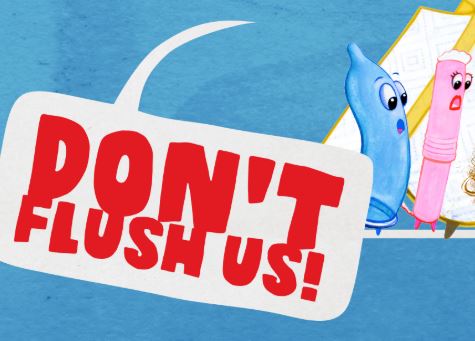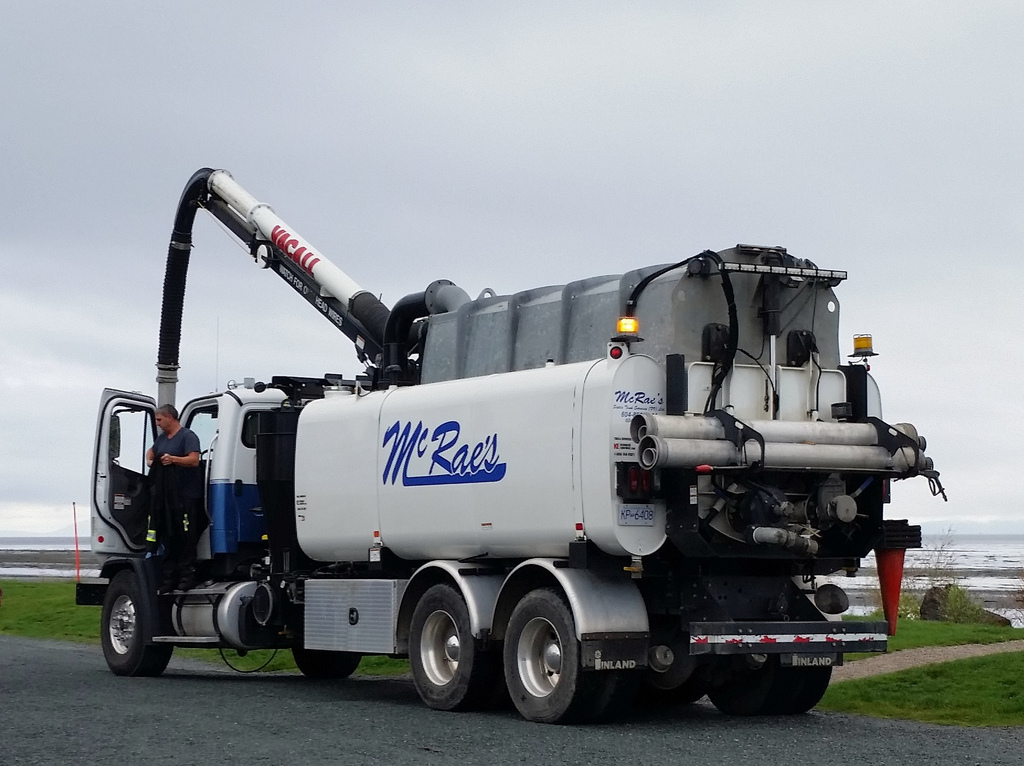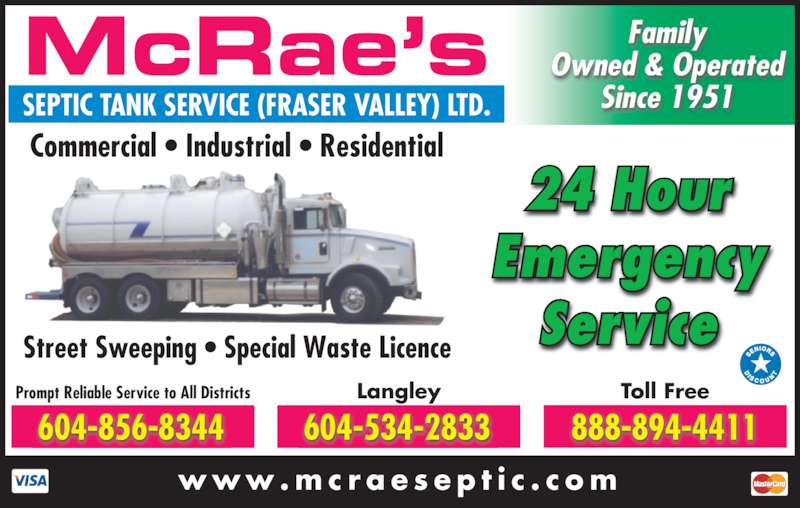To flush or not to flush, that is the question. For homeowners across the Fraser Valley, this vexing question haunts them day in and day out. When water leaves a home, it eventually finds its way into the GVRD water treatment facilities, is cleaned, and re-purposed. When harmful chemicals, substances, or waste enter this system, it has potentially harmful or deadly health implications. We will outline the four leading culprits of water contamination.
Pharmaceuticals
When medications expire or are no longer needed, it can seem like a non-issue to toss them in the trash or flush them down the toilet. However, doing this allows trace amounts of the products to find their way into water and soil. Most cities have several locations that collect unused medications and then send them off for incineration. That is the correct way to dispose of old pharmaceuticals.
Oils and Grease
When cooking, it is second nature to toss fat or grease down the drain. However, over time, these products build up and create surfaces for other debris to catch onto. This can create serious plumbing issues if unattended. These items should be disposed of in a trash can.
Personal Hygiene Products
Flushing non flush-able tissue like baby wipes or even feminine hygiene products wreaks havoc on sewer systems. These products do not break down. Again, this can cause major sewage back ups that end up on the floor of your bathroom or kitchen. These products should be tossed into a regular trash can.
Hazardous Waste
Household cleaning items, byproducts from mechanical work, or painting products are among some of the most common household hazardous waste items. If these things are dumped into a drain, they have the potential to contaminate the water as well as impact wild life. These chemically dense items can be extremely harmful if not disposed of properly. Many home improvement stores are able to provide proper procedure for getting rid of these products.
Make it a goal to treat waste management with the care it deserves. If everyone were to take up this objective, we would find that our water treatment plants can work more efficiently. Additionally, our water and soil would remain as pristine as nature intended.




